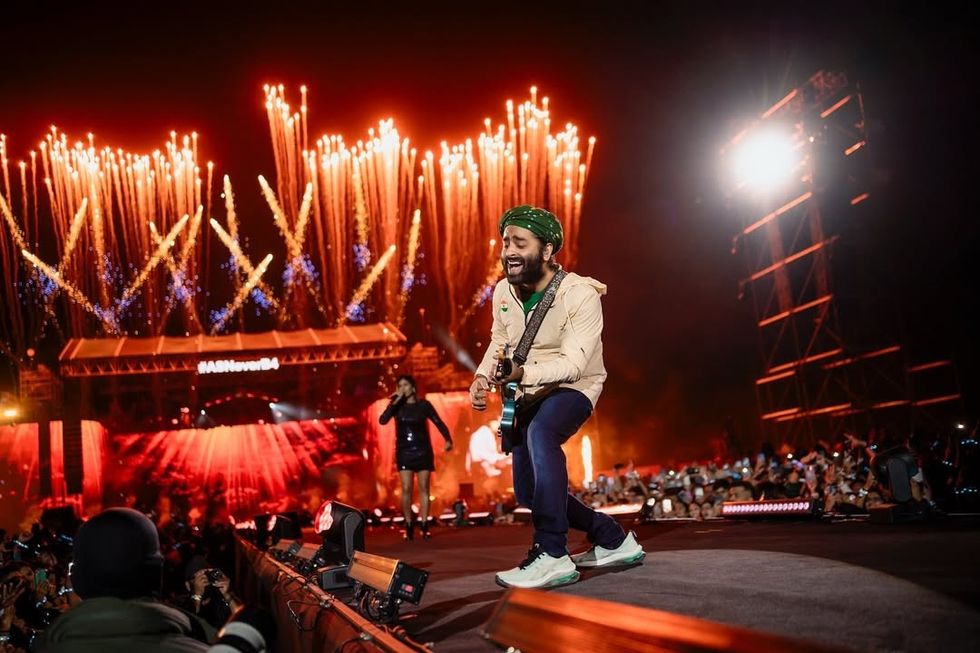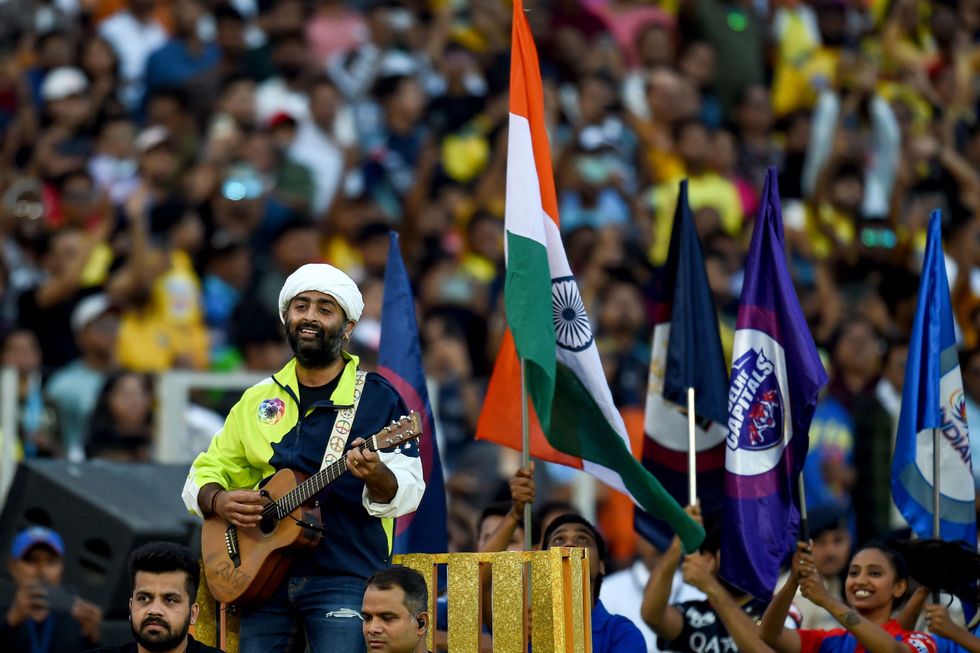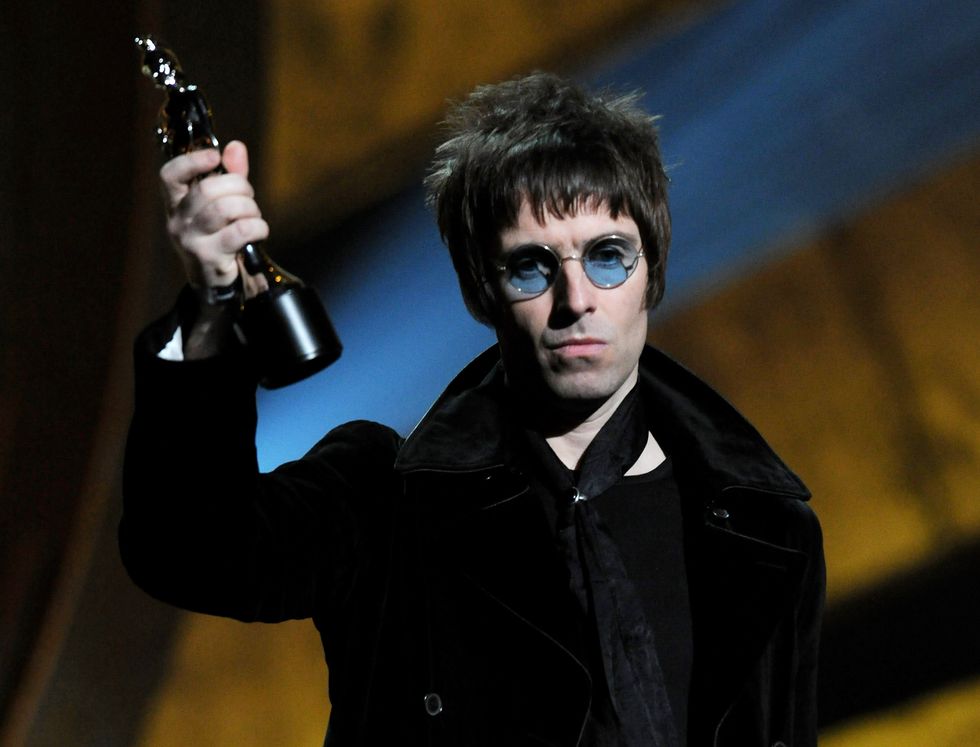THE world needs books from India because they reflect the spiritual values of Indian culture and civilisation.
“Books are important for mental health,” said Yuvraj Malik, director of the National Book Trust (NBT) of India, which took a pavilion for the first time at the 2024 London Book Fair.
Next year the NBT, which was set up by the Indian ministry of education in 1957 “to encourage and promote books and reading”, would return bigger and better and bring many more publishers and authors from India, Malik promised.
Books from India can be part of the country’s soft power, he agreed.
“There is global curiosity about India,” he said. “There is opportunity for us. The plan is to take Indian content globally and sell the copyright. There would be no need to send the books (physically) from India. They could be printed in the west.” He had brought samples published by the NBT, covering “history, culture, biography, art and children’s books”.
For example, the NBT catalogue includes a book on the exchange of letters between Mahatma Gandhi and Rabindranath Tagore; biographies of the Swatantra party leader Minoo Masani and the scientist Jagadish Chandra Bose; and one on women scientists in India.
India brings out 90,000 new titles every year, “out of which approximately 40 per cent are in English language alone, which makes India the second largest publisher of books in English after the US, thus outstripping the UK”.
The one independent publisher that came to London this year with the NBT is the Vani Prakashan Group. It was represented by its executive director, Aditi Maheswari-Goyal, who spoke to Eastern Eye about the deeper values reflected in Indian books.
She said: “We want to promote Hindi authors all over the world. And the UK is the seat of English language and literature. So, it would be an absolute pleasure to see our literature, our expressions, aesthetics, move into this part of the world where we have the diaspora.”
She added: “The humanitarian aspect, the sense of understanding of the natural world, the alchemy between the physical and the metaphysical so sorted in the Indian philosophy, is the need of the hour for world literature.”
Maheswari-Goyal referred to “the environmental crisis, the malnutrition crisis, the problem for women across the globe, the LGBTQ community” and commented: “Indian scriptures have shown the way how to be inclusive for everybody in society.”

She did business studies at Glasgow University after first doing her BA and MA in English literature from Hansraj College in Delhi University and an MPhil from the Tata Institute of Social Sciences. The French government honoured her by making her a Knight of the Order of Arts and Letters.
She told Eastern Eye of the books Vani Prakashan had published.
One is Coolie Lines about Indian indentured labourers who went to Suriname, Trinidad and Tobago, Fiji and other countries, written by Praveen Kumar Jha, a radiologist in Norway. It was first published in Hindi – it went into four editions, each with 1,100 to 1,500 copies, “which is pretty decent for Hindi press”. It was translated then into English.
“Because diaspora studies across the globe are getting a lot of attention, this book is in a reference list of three major universities: Texas University in Austin, Oxford, and the Bay Atlantic University Washington,” she explained.
Along with taking Indian literature abroad, she was also acquiring global rights for books published abroad. She gave two examples from Norway which had been translated into English.
One was Here Lay Tirpitz by Ingrid Storholmen about the sinking of the German battleship during the Second World War. “We were going to publish it in January 2024. But when the Ukraine-Russian war broke out, we brought the publication forward because we thought that was the right time. The message was very clear –that wars are unnecessary.”
The other was Black Calf @ White Snow by Hans Sande. “It is a book where a little calf runs away from the mother. This is a magic realism novel where the mother cow is writing an email to the child about the futile ways of the world. She is trying to tell the calf about what happens in slaughter houses, how your emotions will be crippled, and why you should not run away from your mother and should come back.”
Maheswari-Goyal has discovered selfhelp books that sell millions in the west do not necessarily do well when translated into Hindi. She explained. “Selfhelp for a Hindi audience is very spiritually driven. And when I say spiritually driven, I don’t mean religious. Our basic way of life is to get up early, take snan (bath) every day, do your work, do your pranayama (ancient breathing exercises), go to your elders (to pay your respects). Our way of life is very different. Our family systems are still intact. We are not so isolated in the way isolation has caught up in the west. There is a very different kind of self-help market in India.
She has published all 29 books by the Bangladeshi writer, Taslima Nas - rin, including Lajja (Shame), about a Hindu family besieged by Islamist fundamentalists in Bangladesh.
“We have sold 500,000 copies of the book,” she said. “Lajja was a path bre-aker. Taslima has stood up for demo - cratic freedoms. When she was in hiding in France, she wrote a beauti-ful poem in Bengali, ‘I eat my pasta or sandwich with my right hand and wave away the flies with the left as I do back home.’ Of course, there are no flies in France.”
Hindi readers were now willing to pay `1,900 for a hardback edition of the biography of the poet and film - maker, Gulzar. “Two editions, with 2,000 copies, have sold out.”

She consulted her father, Vani Prakashan’s founder, before publish-ing Kamukata Ka Utsav (the festival of erotica), edited by Jayanti Rangna - than, in Hindi. “This story collection caused an earthquake in the Hindi public sphere. I said, ‘Dad, should we do it? You’re going to get some very scary calls, that your daughter is go-ing to ruin your empire.’ He said, ‘If the stories are good, do it.’ Conservative pundits criticised it and said, ‘Lit - erature has come down to this (low level).’ But the readers loved it.”
Maheshwari-Goyal said: “My idea is that we need to constantly keep pushing existing mindsets and pat - terns. Most Indian languages have that capacity because they’ve seen various phases of our history. These languages have registered our status as a colonised nation, our status as an independent nation and our status now as the upcoming world leader.
“So our language is a memory keeper, a reservoir, a witness of our history and future. They are so flexi-ble, and very capable to carry forward our narrative. It is upon us to make our languages stretchable enough and to use it as a tool of expression of our contemporary times.






 Priyanka Chopra calls herself nascent in Hollywood as 'Heads of State' streams on Prime VideoGetty Images
Priyanka Chopra calls herself nascent in Hollywood as 'Heads of State' streams on Prime VideoGetty Images  Priyanka Chopra wants to build her English film portfolio after Bollywood successGetty Images
Priyanka Chopra wants to build her English film portfolio after Bollywood successGetty Images  Ilya Naishuller, Priyanka Chopra and John Cena attend the special screening for "Head of State" Getty Images
Ilya Naishuller, Priyanka Chopra and John Cena attend the special screening for "Head of State" Getty Images








 Arijit Singh performing Instagram/
Arijit Singh performing Instagram/ Arijit Singh clicked during a performance Getty Images
Arijit Singh clicked during a performance Getty Images 


 Liam Gallagher accepts Oasis' award for 'Best Album of 30 Years' Getty Images
Liam Gallagher accepts Oasis' award for 'Best Album of 30 Years' Getty Images  Liam Gallagher plays to a sell out crowd at the Universal AmphitheatreGetty Images
Liam Gallagher plays to a sell out crowd at the Universal AmphitheatreGetty Images Liam and Noel Gallagher perform together in Cardiff for the first time since 2009 Instagram/oasis
Liam and Noel Gallagher perform together in Cardiff for the first time since 2009 Instagram/oasis